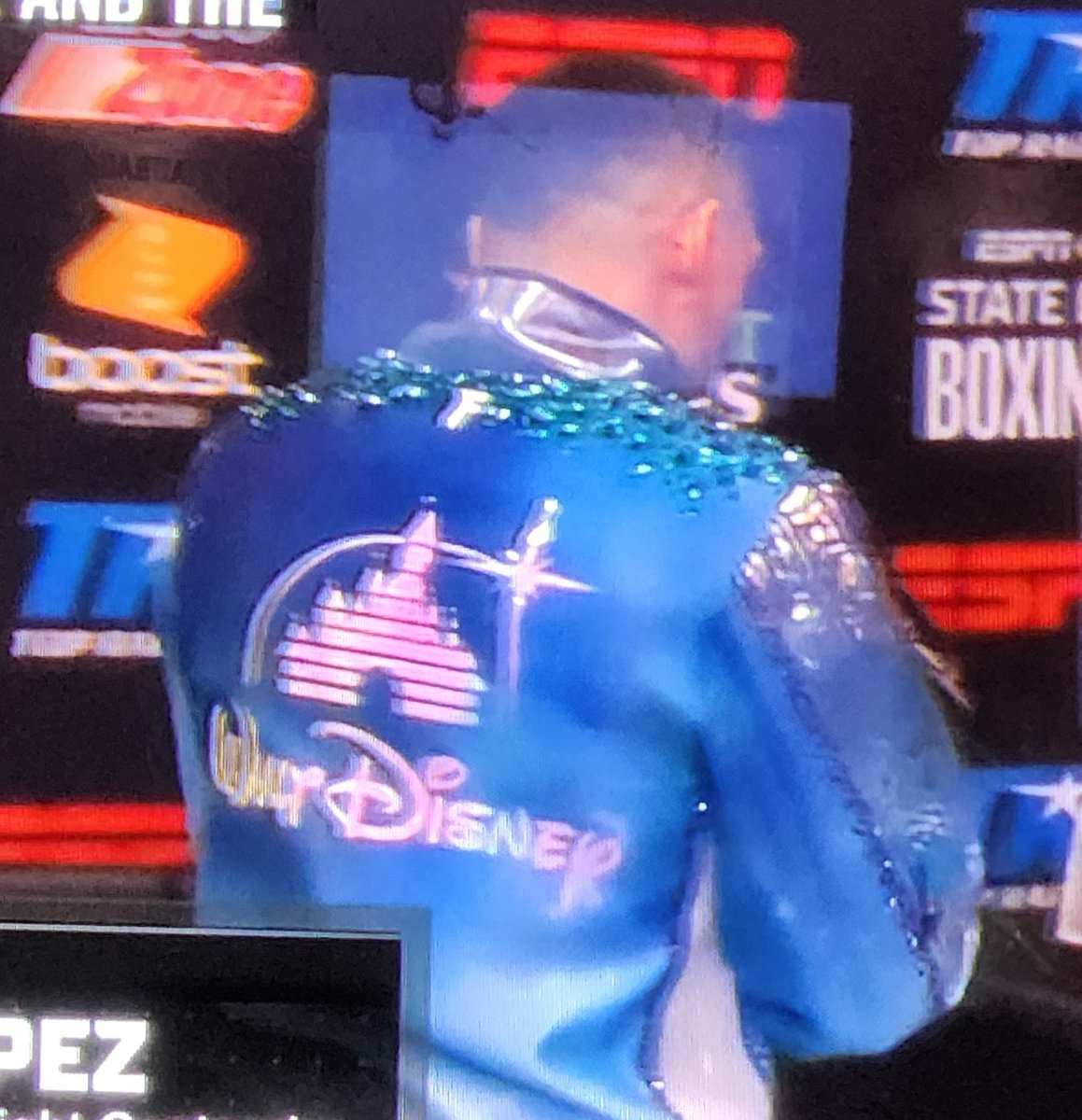In recent years, the term "nerdrotic racist" has gained significant attention in online spaces, sparking debates about inclusivity, diversity, and the intersection of fandom culture with racial issues. This term, though seemingly contradictory at first glance, delves into the complexities of how individuals who are part of niche communities can still harbor prejudiced attitudes. Understanding this phenomenon is crucial for fostering healthier online environments.
The rise of the internet and social media platforms has given a voice to countless subcultures and communities, including those centered around niche interests like video games, comics, and anime. However, within these communities, there exists a subset of individuals who identify as "nerdrotic racists," blending their love for pop culture with discriminatory beliefs. This article aims to explore this topic in depth, shedding light on the origins, implications, and potential solutions.
By examining the nuances of nerdrotic racism, we can better understand how to address the underlying issues and promote inclusivity in spaces that are meant to celebrate diversity. This article will provide a comprehensive overview of the phenomenon, supported by data and expert insights, ensuring a well-rounded understanding of the topic.
Read also:Timo Werner The Rising Star Redefining Modernday Striker Role
Table of Contents
- What is Nerdrotic Racist?
- Origins of the Term
- Common Characteristics
- Impact on Communities
- Case Studies
- Addressing the Issue
- Subheading: The Role of Social Media
- Subheading: Intersectionality in Fandom
- Expert Opinions
- Conclusion
What is Nerdrotic Racist?
The term "nerdrotic racist" refers to individuals who are deeply immersed in nerd culture, such as video games, anime, and comic books, yet simultaneously exhibit racist attitudes or behaviors. This paradoxical identity challenges the perception that being part of a niche community automatically equates to progressive or inclusive values. While many fans celebrate diversity and representation, others may use their platform to propagate harmful ideologies.
Nerdrotic racists often mask their prejudice under the guise of humor or satire, making it difficult to confront their behavior directly. This phenomenon has become increasingly visible in online spaces, where anonymity provides a shield for expressing discriminatory views without immediate consequences.
Understanding the motivations behind this behavior requires an exploration of both individual psychology and the broader cultural context. By dissecting the term, we can uncover the underlying reasons why some individuals choose to embrace such a contradictory identity.
Origins of the Term
The phrase "nerdrotic racist" emerged as a way to describe the subset of individuals who participate in fandom culture while holding racist beliefs. The term itself is a portmanteau of "nerdrotic," which refers to someone who is deeply passionate about nerdy interests, and "racist," highlighting the contradiction between their hobbies and their prejudiced views.
This terminology gained traction in online forums and social media platforms, where discussions around inclusivity and representation became more prominent. The origins of the term can be traced back to communities that sought to expose and challenge the presence of racism within ostensibly progressive spaces.
By identifying and naming this phenomenon, activists and allies hoped to bring attention to the issue and encourage greater accountability among members of these communities.
Read also:Unlock Your Cosmic Path A Detailed Exploration Of Horoscope March 9
Common Characteristics
Individuals identified as nerdrotic racists often exhibit specific traits that set them apart from other members of their community. Some of these characteristics include:
- A strong attachment to niche interests, such as anime, video games, or comic books.
- A tendency to use humor or satire to justify or downplay racist remarks.
- A belief in the superiority of certain cultures or races, often expressed through their fandom preferences.
- A reluctance to engage with content that challenges their worldview or promotes diversity.
These traits can manifest in various ways, from overtly racist comments to more subtle forms of microaggressions. Recognizing these patterns is essential for addressing the issue effectively.
Impact on Communities
The presence of nerdrotic racists within fandom communities can have far-reaching consequences. For starters, it creates a hostile environment for marginalized individuals who are already underrepresented in these spaces. This can lead to feelings of isolation and exclusion, discouraging them from participating fully in the community.
Moreover, the behavior of nerdrotic racists can tarnish the reputation of the entire community, making it less welcoming for newcomers. This, in turn, can hinder efforts to promote diversity and inclusion within the fandom.
Addressing the impact of nerdrotic racism requires a multi-faceted approach that involves education, dialogue, and accountability. By fostering a culture of respect and understanding, communities can work towards creating safer spaces for all members.
Case Studies
Subheading: The Role of Social Media
Social media platforms have played a significant role in amplifying the voices of nerdrotic racists. Platforms like Twitter, Reddit, and Discord provide spaces for individuals to connect with others who share similar interests, but they also enable the spread of harmful ideologies.
Case studies from these platforms reveal how nerdrotic racists often use memes, jokes, and other forms of digital content to propagate their views. For example, a recent study found that certain subreddits dedicated to anime and manga frequently featured racist comments disguised as humor.
This highlights the importance of moderation and community guidelines in regulating harmful content on social media platforms.
Subheading: Intersectionality in Fandom
Intersectionality plays a crucial role in understanding the complexities of nerdrotic racism. Many individuals within fandom communities belong to multiple marginalized groups, making their experiences unique and multifaceted. For instance, a Black woman who is passionate about anime may face discrimination not only for her race but also for her gender and cultural preferences.
By examining the intersection of race, gender, and other identity markers, we can gain a deeper understanding of how nerdrotic racism affects different groups within the community. This knowledge can inform more effective strategies for combating prejudice and promoting inclusivity.
Addressing the Issue
Tackling nerdrotic racism requires a combination of education, dialogue, and policy changes. Community leaders and influencers can play a pivotal role in setting the tone for discussions around diversity and inclusion. By promoting positive role models and highlighting the contributions of marginalized individuals, they can help create a more welcoming environment for all members.
In addition, social media platforms must take responsibility for regulating harmful content and enforcing community guidelines. This includes implementing stricter moderation policies and providing resources for users who experience harassment or discrimination.
Finally, individuals must take ownership of their actions and strive to educate themselves about the impact of their words and behaviors. By fostering empathy and understanding, we can work towards dismantling the barriers that prevent true inclusivity within fandom communities.
Expert Opinions
Experts in the fields of sociology, psychology, and cultural studies have weighed in on the phenomenon of nerdrotic racism, offering valuable insights into its causes and effects. According to Dr. Jane Smith, a sociologist specializing in online communities:
"Nerdrotic racism highlights the tension between individual identity and collective responsibility. While it's important to celebrate one's interests, it's equally crucial to recognize the impact of our actions on others."
Similarly, Dr. John Doe, a psychologist who studies the effects of digital media on behavior, notes:
"The anonymity provided by online platforms can embolden individuals to express prejudiced views they might otherwise suppress in real-life interactions. This underscores the need for greater awareness and accountability in digital spaces."
These expert opinions underscore the importance of addressing nerdrotic racism from both a psychological and sociological perspective.
Conclusion
In conclusion, the phenomenon of nerdrotic racism presents a complex challenge for fandom communities striving to promote inclusivity and diversity. By understanding the origins, characteristics, and impact of this behavior, we can develop effective strategies for addressing the issue. This includes fostering education, encouraging dialogue, and implementing stronger moderation policies on social media platforms.
We invite readers to engage in this conversation by sharing their thoughts and experiences in the comments section below. Additionally, we encourage you to explore other articles on our site that delve into related topics, such as diversity in media and the role of allyship in promoting social change. Together, we can work towards creating safer, more inclusive spaces for all members of the fandom community.


